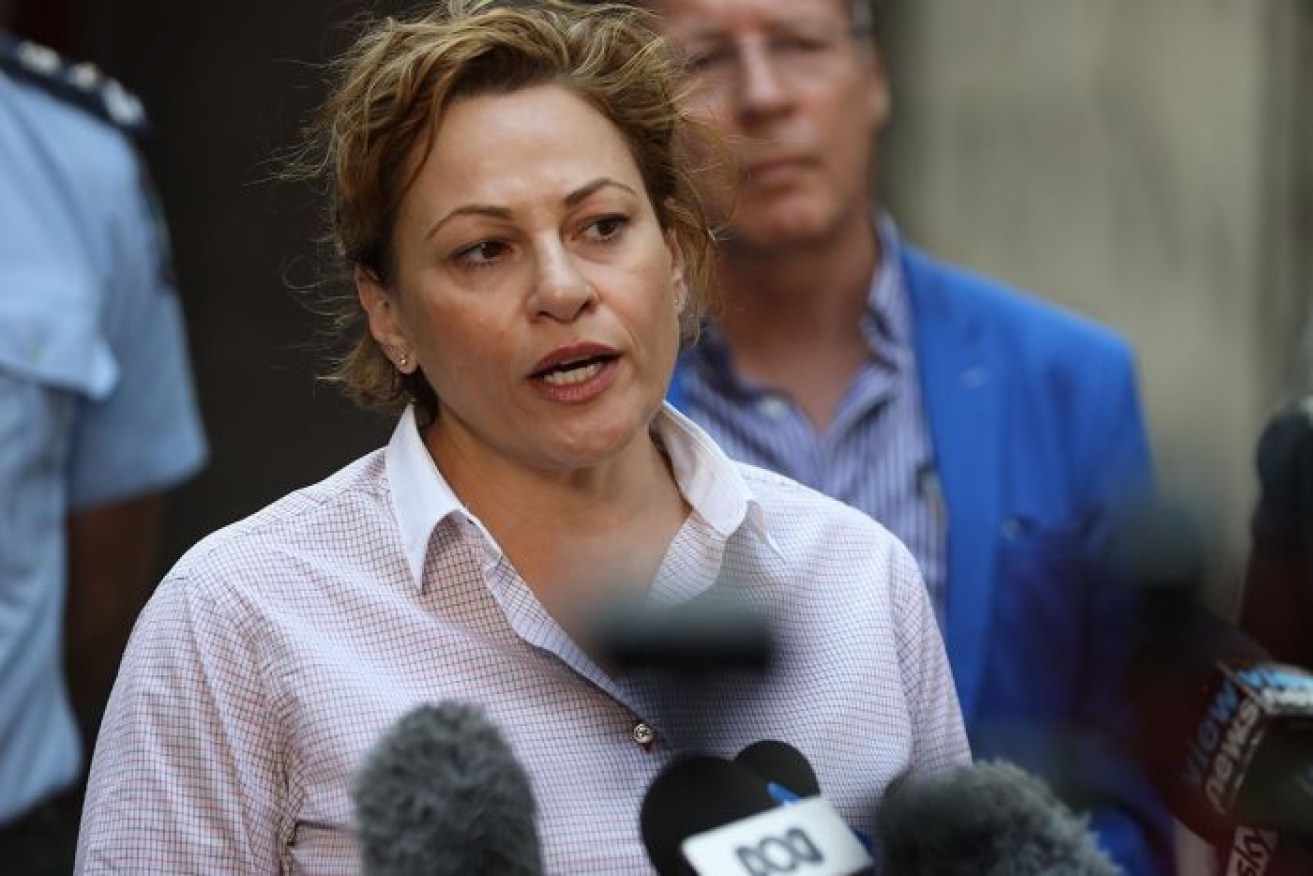A question of intent: ‘Trad laws’ must not confuse mistakes with dishonesty
New conflict of interest laws for local and state elected officials will go before parliament this week, and Queensland’s corruption watchdog is demanding strict enforcement. But the issue of intent is crucial, writes Greg Hallam


Queensland's new so-called 'Trad laws' pose a risk to hundreds of mayors and councillors if they do not recognise dishonest intent (Photo: ABC)
Queensland MPs must not put politics ahead of long-held legal principles and must vote to pass new conflict of interest legislation as drafted.
The so-called Trad laws – legislation containing new conflict of interest offences for Ministers and councillors alike – are expected to be debated in State Parliament from today.
These new offences carry a jail term of up to two years for those caught breaching conflict of interest or register of interest rules with dishonest intent.
Any councillor charged with these offences will also automatically be suspended until the matter is dealt with.
These are serious charges with serious consequences. So the element of dishonest intent is important.
Without it, the Parliament will effectively criminalise innocent mistakes or administrative errors, placing a burden on Queensland’s 578 mayors and councillors that is just too heavy to bear.
They were elected by their communities almost three months ago. They must not now be put in the position where they could be facing jail time just for doing their job.
The Local Government Association of Queensland has long been a supporter of greater transparency, but this should not be at the cost of an elected representative losing legal rights that are otherwise afforded to even the most serious criminals.
The LGAQ stands firm in its belief that the offences as drafted strike an appropriate balance between deterring and punishing serious and intentional wrongdoing and providing for an individual’s right to natural justice.
The protection of the innocent must remain the cornerstone of our well-tested and resilient legal system.
The LGAQ is not the only voice calling for the laws to be passed as drafted.
Former Attorneys-General and multiple respected members of the legal fraternity have also urged the Parliament to not remove the element of intent. So too has the chair of Parliament’s Ethics Committee.
“There is no evidence to support a need for, or the effectiveness of, strict liability,” Ethics Committee chair Joe Kelly MP wrote in a submission urging the committee charged with reviewing the laws, the Parliamentary Economics and Governance Committee, to recommend the laws be passed as drafted.
“It would potentially see members of Parliament subject to criminal proceedings and penalties for what may be an inadvertent failure to disclose an interest when there was no intent to engage in, or evidence of, corrupt conduct,” Kelly wrote.
Clerk of the Parliament Neil Laurie was also scathing in his submission on the laws.
The Crime and Corruption Commission is a respected institution in this state. It is entitled to its opinion. It is entitled to recommend any changes it sees fit.
But the LGAQ believes in this case its recommendations are antithetical to fairness and equity in the administration of the law.
The considered, sensible, centuries-old central tenet of the British and Australian legal system that a person is innocent until proven guilty has stood this country well and it should not be eroded.
The Economics and Governance Committee inquired into the laws and recommended, after consulting with stakeholders, that Parliament pass the legislation and the new conflict of interest offences as drafted, with the element of dishonest intent included.
The onus is now on the Government and the Parliament to do just that.
Greg Hallam is CEO of the Local Government Association of Queensland, which is a supporter of InQueensland












